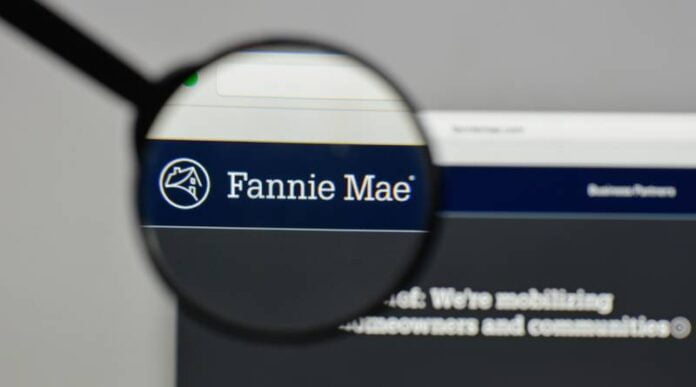Economists at Fannie Mae predicted in January that the U.S. economy would grow over 5% this year, but revised that estimate to 6.7% in February. Consumer spending was higher than anticipated over the winter, as COVID-19 cases and hospitalizations slowed down and a stimulus bill looked more likely, according to the agency’s Economic and Strategic Research group.
The economy contracted 2.5% in 2020, according to Fannie Mae.
Housing is expected to come down from its “unsustainably high pace” over the summer, but the ESR group believes that slower pace will be stretched out over a longer period.
“If 2020 was the year of the virus, then 2021 will more than likely be the year of the vaccine,” Doug Duncan, senior vice president and chief economist at Fannie Mae, said in a statement. “Whether the vaccines are effective, including with the new virus strains, and how broadly and timely they can be distributed remain key questions; our forecast assumes such efficacy and that they’ll be widely administered by summer.”
RELATED: 8 Things Builders Need to Know About COVID-19 Vaccinations
Duncan added that the slow increase in Treasury rates “suggests that financial markets currently expect the same.”
The ESR group predicts that growth in annual single-family starts will reach 18.6%, up from 12.5% predicted in January. Meanwhile, mortgage originations will hit $4.1 trillion, up $200 billion from the January prediction.
“Consumer interest in locking-in historically low mortgage rates helped drive continued high volumes of refinancing and aggressive levels of homebuying,” Duncan continued. “We believe that this will continue in 2021. We assume that the proposed fiscal stimulus of around $1.7 trillion will be passed in mid-March, and that growth will accelerate sharply beginning in the second quarter.”
The group noted that some of the growth newly anticipated for 2021 was originally projected to occur during 2022. With the revised estimate for 2021, the group lowered its expectations for growth next year by 0.8 percentage points to 2.8%.
Duncan warned of a “potential boom-and-bust scenario” if additional stimulus leads to rising inflation and interest rates.
“Very strong growth in the second half of 2021 could push inflation, and thereby rates, up significantly in 2022, thus invoking a Fed response of tightening and a significant deceleration later in 2022. This is not our base case scenario, but we see it as a significant risk moving forward,” he said in the statement.







